The announcement of sweeping new tariffs this week, dubbed “Liberation Day” by the president, has sent shockwaves through multiple industries—but few have been impacted as directly and immediately as the non-human primate (NHP) research sector. As CEO of Envol Biomedical, I’d like to take a moment to unpack what these changes mean, how they affect the scientific and pharmaceutical communities, and why – as it turns out – Envol Biomedical has indirectly been preparing for this moment for years.
A Sudden Shock to an Already Fragile System
These tariffs arrived without warning, leaving no time for contingency planning. Overnight, the cost of importing non-human primates from key supply countries—including Vietnam, Cambodia, and Mauritius—has increased by as much as 40–50%. These three nations represent some of the largest sources of NHPs used in U.S. biomedical research, meaning the impact will be felt immediately by CROs, pharmaceutical companies, and academic researchers alike.
This is not just a matter of budgetary strain. The global NHP supply chain was already under pressure from post-COVID disruptions, regulatory scrutiny, and ethical debates surrounding international breeding practices. Now, with the addition of these tariffs, it becomes even more volatile and unpredictable.
A Call to Build a More Resilient Future—Here at Home
At Envol Biomedical, we saw the writing on the wall years ago. That’s why we’ve heavily invested in developing robust, U.S.-based primate breeding operations. Our goal was simple: reduce dependency on international imports and establish a stable, ethical, and transparent domestic pipeline for non-human primate research.
These tariffs now validate that strategy. By strengthening domestic production, we’re better positioned to avoid both the cost spikes associated with these new policies and the ongoing ethical and logistical challenges of international sourcing. More importantly, we’re helping to create a more sustainable and resilient foundation for critical biomedical research in the U.S.
So What Happens Next?
The duration and scope of these tariffs remain uncertain. And while no one has a crystal ball when it comes to global politics or trade policy, we do know this: As long as the tariffs remain in place, they will shape market behavior. Prices for imported primates will rise. Access to reliable supply will be further limited. And researchers will need to rethink their sourcing strategies accordingly.
While overall demand for NHPs has dipped slightly in recent years due to biotech funding cycles, the importance of primates in developing safe and effective therapeutics remains. And with additional regulatory investigations underway—particularly regarding Cambodia’s CITES compliance—we expect further disruptions on the horizon.
What Should the Industry Do?
The answer is clear: Invest in American companies that are investing in American production. At Envol Biomedical, we’ve taken a different path from many in the industry—one that prioritizes ethical sourcing, operational control, and domestic resilience. While historically it’s been more expensive and complex to breed primates in the U.S., the current landscape shows why that investment is not only necessary but wise.
This isn’t just about avoiding tariffs. It’s about building an infrastructure that can stand up to geopolitical shifts, regulatory uncertainty, and ethical scrutiny—all while continuing to support the advancement of biomedical science.
Envol has the Largest Selection of American-sourced Non-human Primate Specimens
Envol Biomedical is proud to be one of the leading private-sector primate breeders in the United States. Our mission is to support our clients’ critical research needs with transparency, integrity, and long-term stability. As the industry continues to evolve in the face of new global pressures, we’re committed to leading the way forward—right here at home.
If you’re looking for a partner who can help you navigate these changes with confidence, we’re ready to help.
Jacob McDonald is the CEO of Envol Biomedical, a U.S.-based company focused on ethical non-human primate research and domestic breeding operations in support of biomedical innovation.

